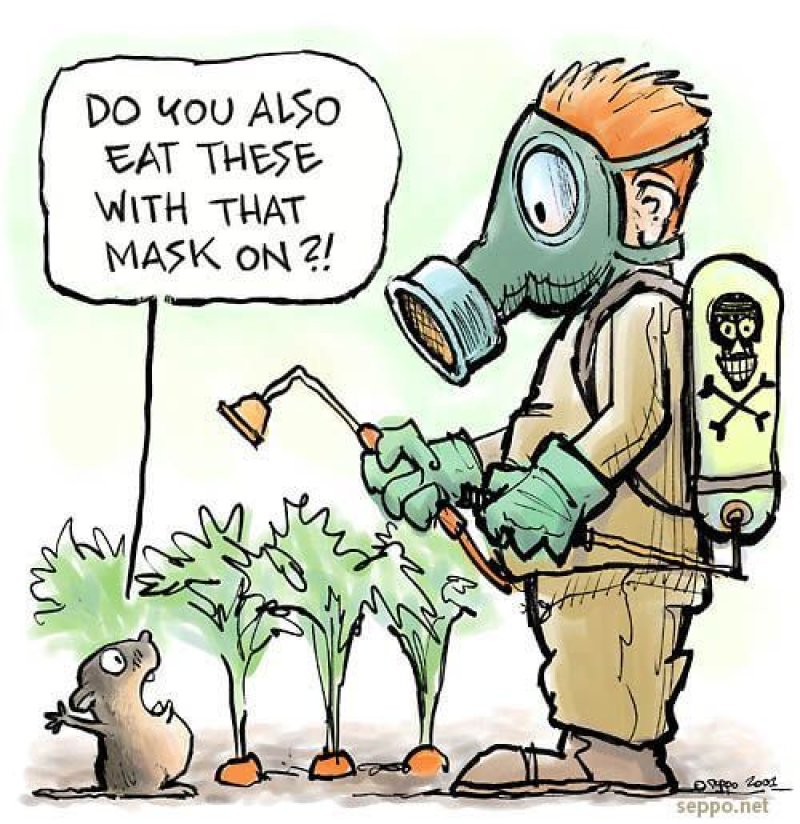The world’s most commonly sprayed herbicide—glyphosate—is currently trapped in a familiar media cycle. The cycle goes something like this: 1) a report delivers bad news—the International Agency for Research on Cancer recently classified glyphosate as a probable carcinogen; 2) big media voices stoke outrage—Mark Bittman wrote that glyphosate should be taken off the market; 3) others try to offer perspective—Grist reminded us that “the list of things that probably causes cancer includes … just about everything”; and, finally, 4) a concerned public becomes embroiled in a comment-section melee on social media.
This last venue matters, if only because it’s where the rhetoric of food reform is ultimately forged. It’s also a place where cooler heads rarely prevail. This is especially true when the topic is glyphosate, the active ingredient in Roundup, an herbicide produced by Monsanto to control weeds for genetically engineered crops. Glyphosate’s association with genetic modification dooms it to castigation. Despite the fact that toxicological experts downplayed the dangers of glyphosate in the wake of the IARC report, the bottom line for citizen experts is that, as Bittman writes, we’re being used “as guinea pigs for the novel chemicals that industry develops.”
How is it that so many highly intelligent people can so quickly agree with such a simplistic position? How is it that the opponents of genetic engineering—a process that Bittman himself admits appears safe—have so successfully demonized the plant breeding technique with so little evidence to do so? From whence comes this knee-jerk cynicism?
The simplest—and least interesting—answer is willful distortion. This kind of thing is, of course, commonplace when it comes to controversial subjects, so one need not dwell too much on hucksters who capitalize on the public’s genetic illiteracy to profit from a fear-driven and distorted agenda.do
Read full, original article: ‘Ban GMOs: That Shit Ain’t Food’































